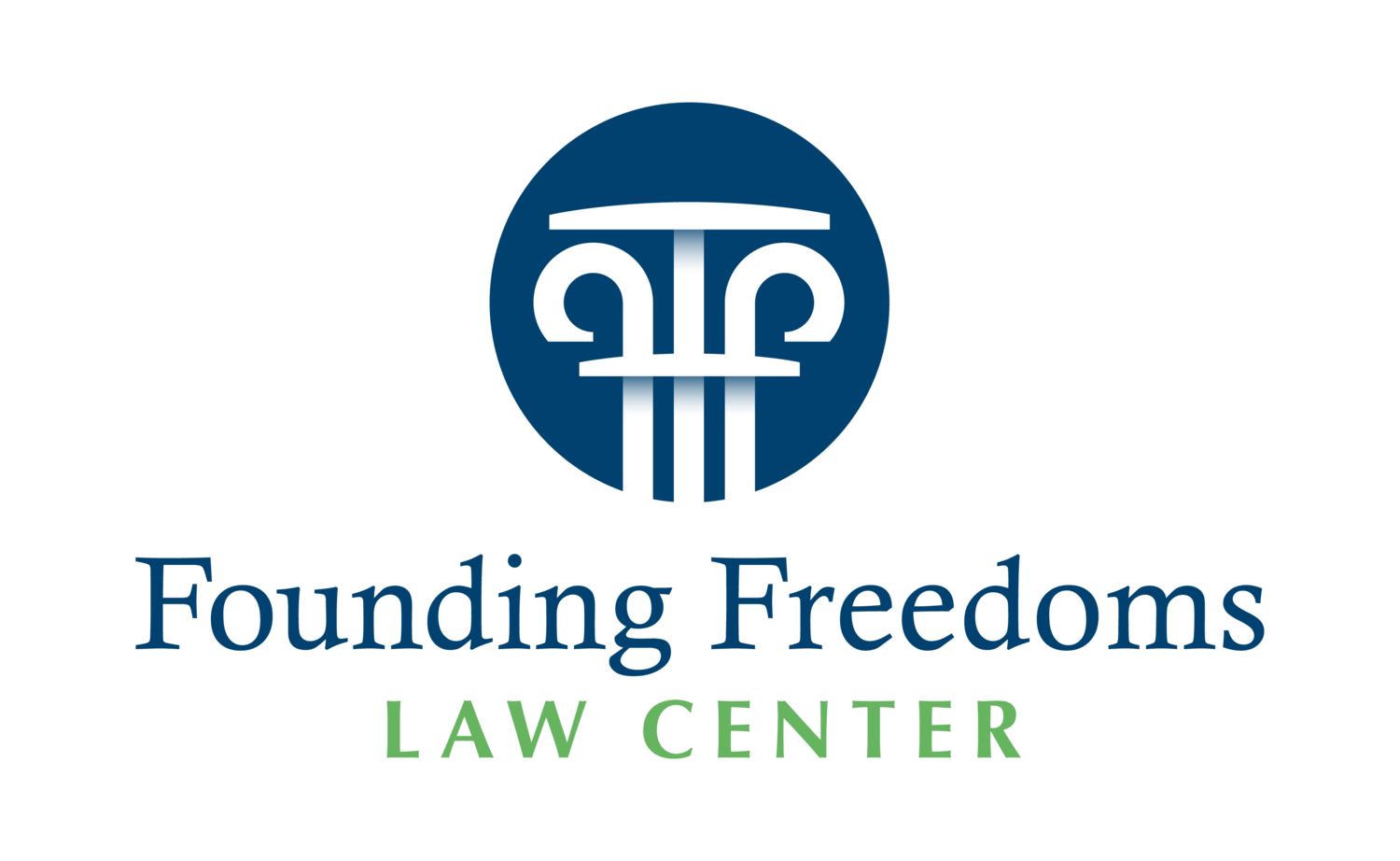Mahmoud: A Case That Shouldn’t Have Happened
The United States Supreme Court recently granted a preliminary injunction that stops the Montgomery County Board of Education in Maryland from denying parents and students religious opt-outs from “LGBTQ+ books and materials” being taught in public school. This ruling affirms foundational rights embedded in both the U.S. Constitution and our nation’s history: parents do not surrender their rights over their children at the steps of a school,(1) and the right to the free exercise of religion is essential.
The decision in Mahmoud v. Taylor is a strong reaffirmation and protection of students, parents, and religious liberties for all Americans. But with years of history and tradition protecting students’ and parental rights in schools, why and how did this case ever make it to the United States Supreme Court? I propose the answer is the disunity and distrust Americans have toward public schools and school boards’ unwillingness to accommodate people who do not share their same ideological views. Religious individuals will always face backlash for having an opposing perspective on morality and values than the modern secular culture. But does that permit school boards to marginalize and ignore parents and their religious tenets, by denying religious opt-outs in one capacity and allowing it in others? No, and the Supreme Court has made that abundantly clear in its rulings.
Justice Alito gave the opinion of the Court and made clear that any attempt to prohibit religion and force ideological viewpoints on another cannot and will not stand in America. Crucially, the Court recognized the dilemma facing millions of Americans: All 50 states have compulsory education laws, but it is unfeasible for many Americans to send their kids to private school or homeschool. Justice Alito opined, “As a result, the right of parents ‘to direct the religious upbringing of their’ children would be an empty promise if it did not follow those children into the public school classroom. We have thus recognized limits on the government’s ability to interfere with a student’s religious upbringing in a public school setting.”(2) These limits are the exact reason why all Americans have safeguarded protections built into the law to ensure the freedom to believe and to engage in those beliefs, even in public schools.
Moving forward, what does this decision entail for parents and religious rights in schools? First and most importantly, religious opt-outs and parental rights in schools are all the more protected in American jurisprudence; from cases dating back to the 1920s to this case in 2025, parents do not shed their parental rights over their children just because they send them to a public school.(3) Parents have the right to know what their children are being taught and the right to excuse them from school activities that substantially interfere with the religious development of their children. Secondly, this may allow future challenges to other teachings within schools that go against a parent’s religious beliefs. For example, Christianity (Protestants, Catholics, Orthodox, etc.), Islam, Judaism, and other religions believe that God purposefully created the world. Might this case enable a potential opt-out from evolutionary science teachings in public schools? A strict analysis of these cases indicates that, indeed, it could.
Ultimately, there is still hope and a future for battling against radical secular teachings within the public school systems, but parents will need to stand strong and be willing to fight. The secular ideologies have pushed so far that even a case like this had to go all the way to the U.S. Supreme Court - a case that should never have been a reality. This should serve as a valuable lesson. The anti-religious agenda in the public schools does not end here; it cannot end here. There is still work to be done to ensure that, at a minimum, parents have the opportunity to prevent their children from becoming indoctrinated into ideologies that are in direct opposition to their family’s religious tenets.
By Kyle Gold, FFLC Legal Intern
(1) Tinker v. Des Moines Independent Community School Dist., 393 U. S. 503, 506–507 (1969).
(2) Mahmoud v. Taylor, No. 24-297, 16-17, 606 U.S. __ (2025).
(3) Pierce v. Society of Sisters, 268 U. S. 510 (1925); Tinker, 393 U.S. 503 (1969).
